The downloadable version of the programme is available here.
7th floor
Plenary Room, 6th floor
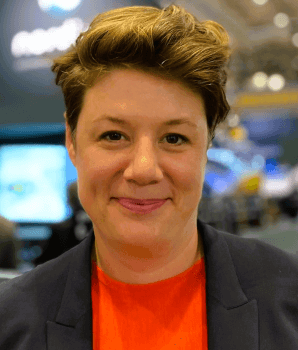
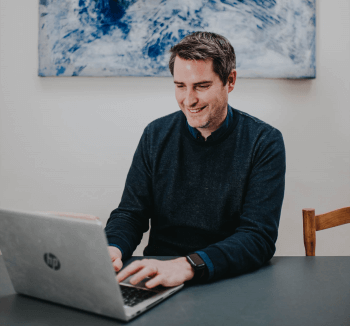
This session delves into the layered complexities of urban mobility governance, likened to a "governance lasagna" with its intricate interplay of local, regional, national and EU-level responsibilities. We will explore how cities, functional urban areas, members states and the TEN-T corridors can work together to create cohesive and sustainable mobility and logistics solutions.
Moderation by André Sobczak, Secretary General, Eurocities
Plenary Room, 6th floor
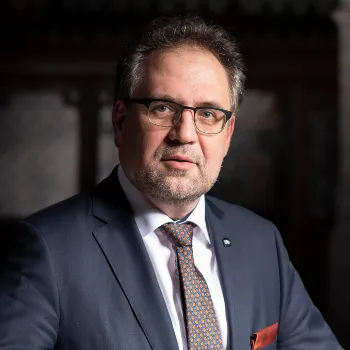
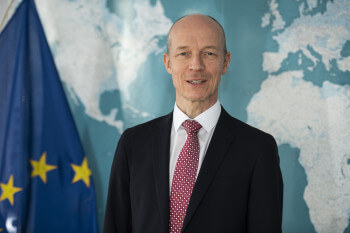
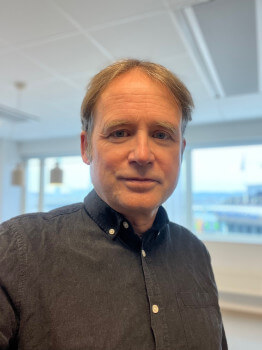

7th floor
This session will explore the evolving landscape of urban mobility and city logistics, identifying key
priorities and strategies to shape resilient, efficient, and sustainable transport systems for the future. As cities continue to grow and face complex challenges, collaboration across sectors is essential to unlock innovation and drive impactful change.
The session will emphasize the importance of fostering cooperation and partnerships between public authorities and private companies, be it on different offers for passenger transport or on the topic of urban logistics. The session will also reflect upon on how cities can leverage Sustainable Urban Mobility Plans (SUMPs) and Sustainable Urban Logistics Plans (SULPs) to guide decision-making, channel investments into impactful projects, and ensure that urban transport systems are developed in line with policy goals.
Participants can expect to gain valuable insights into the strategic priorities shaping urban mobility and logistics in leading European cities, as well as recommendations for fostering cross-sector collaboration, adopting cutting-edge technologies, and integrating sustainability into urban transport planning.
Moderation by Karen Vancluysen, Secretary General, POLIS
Plenary Room, 6th floor
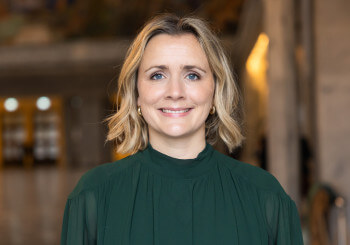
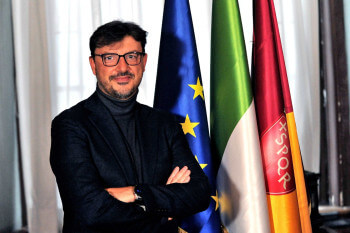

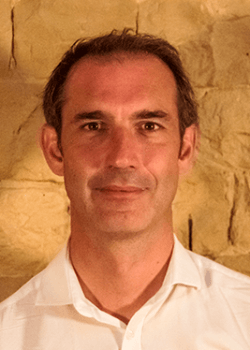
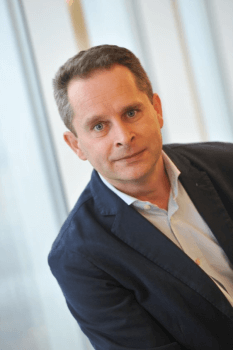
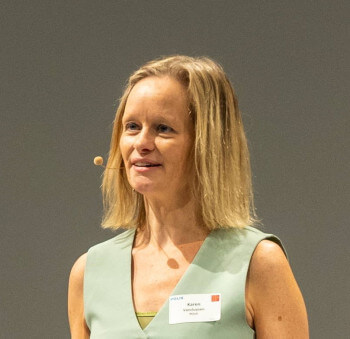
In this session, we will explore pathways that bridge the gap between the defined policy objectives outlined in the TEN-T regulation and their practical implementation. Participants will engage in an interactive session, focusing on concrete strategies to create a strong context to enhance the impact of urban mobility/urban nodes measures and implement them more efficiently. Strategies for policy alignment across different government levels, integration of physical, human and digital layers and actions to make a positive change happen, are discussed.
Moderation by Anna Sager, Senior Project Manager, RISE
Plenary Room, 6th floor
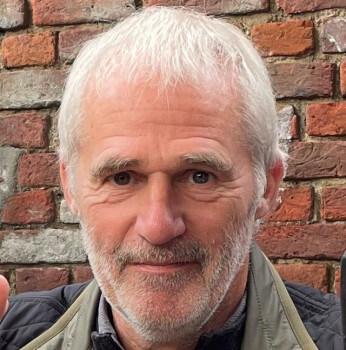
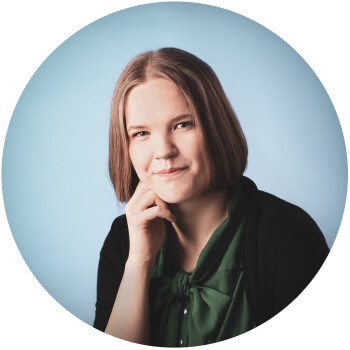
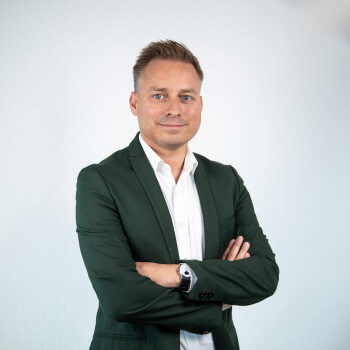
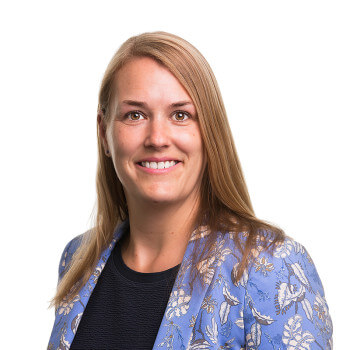
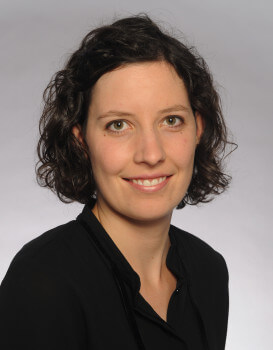
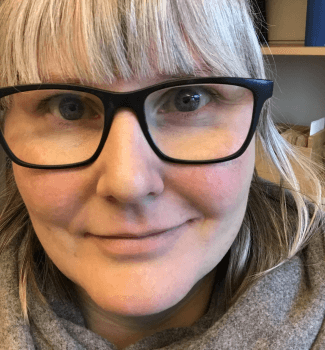
7th floor
As cities and regions strive for more integrated and sustainable transportation systems,
multimodal hubs play a crucial role in connecting different mobility networks and scales. Drawing on
conclusions from three projects SmartHubs, SCALE-UP and MOVE21, this session explores the
definition, design, and function of these hubs, examining how they facilitate seamless transitions
between modes of transport—from local to regional and global networks.
Moderation by Anne-Charlotte Trapp, Project Coordinator - Mobility, Eurocities
Plenary Room, 6th floor
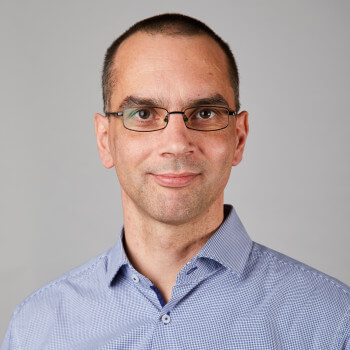
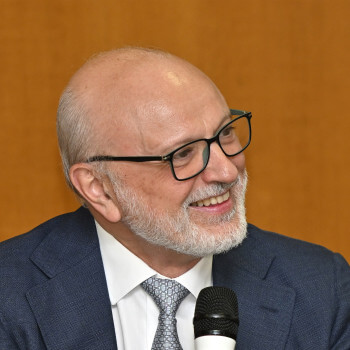
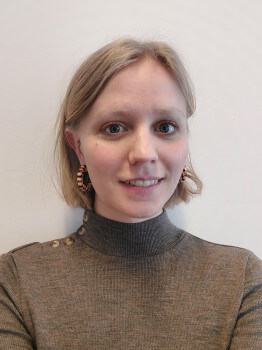
Parallel sessions
Multimodal hubs are evolving beyond passenger transport, embracing multifunctionality to integrate logistics, social services, and innovative mobility solutions. This session will explore new developments in hub design that broaden their role—mixing uses such as social spaces, logistics operations, and 'mobility hotels' that provide supporting services to help companies transition to more sustainable last-mile logistics. Join us as we examine forward-thinking approaches that redefine multimodal hubs as dynamic, interconnected and integrated spaces.
Moderation by Raffaele Vergnani, Project Manager, Urban Freight Cluster Lead, POLIS
Room 6.2, 6th floor
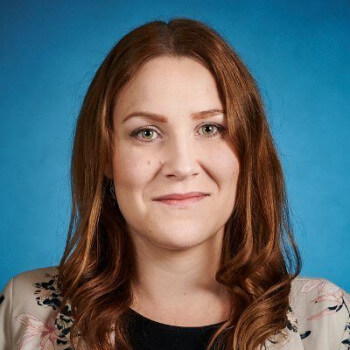
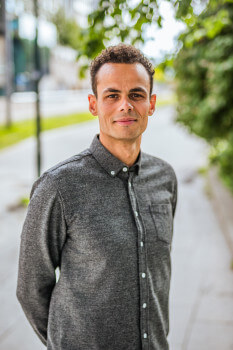
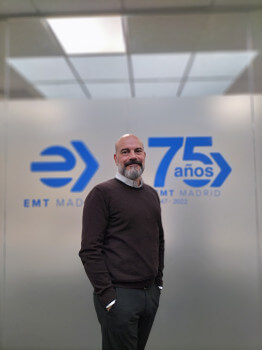
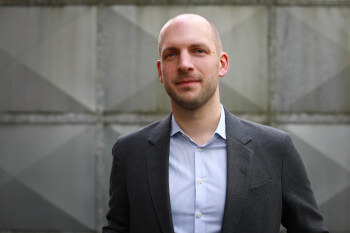
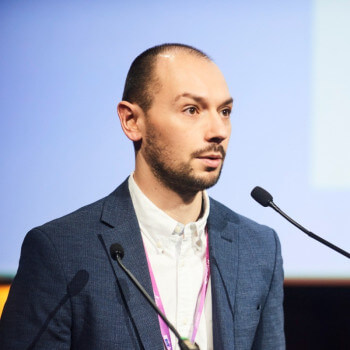
Beyond the development or enhancement of individual multimodal hubs, integrating urban and TEN-T mobility requires a comprehensive network-wide approach. This means examining various mobility systems and considering integration from the perspective of interconnected nodes/hubs within a network. In this session, we will explore different approaches implemented across Europe to create multimodal hub networks, the necessary administrative alignments, and the strategic planning documents that support these efforts.
Moderation by Anne-Charlotte Trapp, Project Coordinator - Mobility, Eurocities
Plenary Room, 6th floor
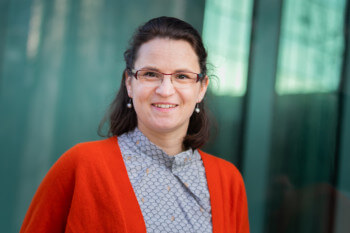
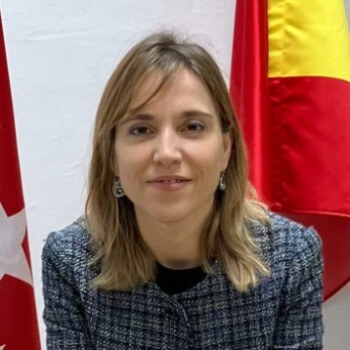
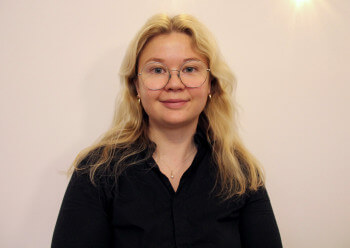
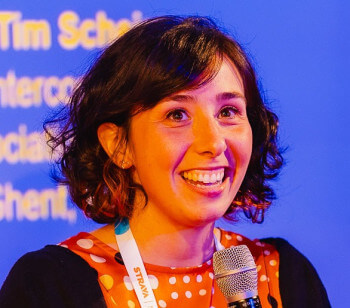

Existing stations and transport points should not be left behind when it comes to implementing multimodal concepts. They offer plenty of possibilities to add additional services to increase their attractiveness without starting from scratch. Join us while we look at adding shared mobility solutions, logistic services and many more to elevate the user experience at existing stations and transport points.
Moderation by Florian Becker, Project Cooridnator, Eurocities
Room 6.5, 6th floor
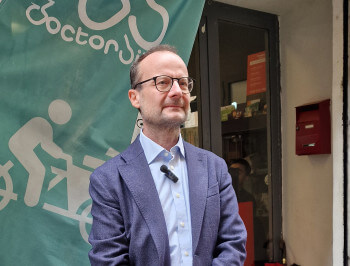
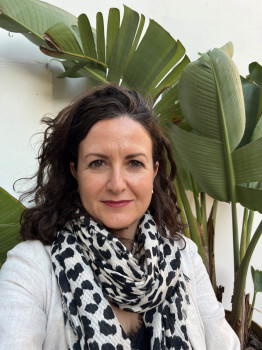
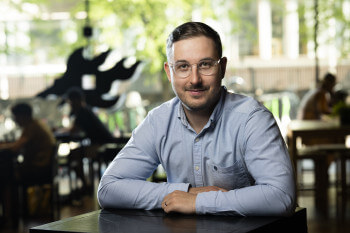
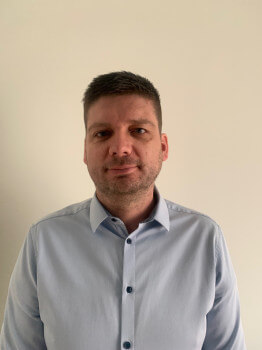
This session will examine key gaps and needs for urban nodes, focusing on leveraging project learnings for SUMP development, enhancing skills at both urban and national levels, addressing missing research evidence, and identifying priorities for future policies, R&D efforts, and collaborative frameworks
Moderation by Prof. Peter Jones, Professor of Transport and Sustainable Development, UCL
Plenary Room, 6th floor

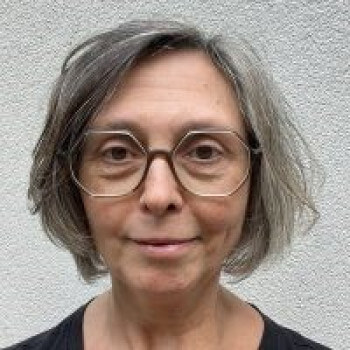
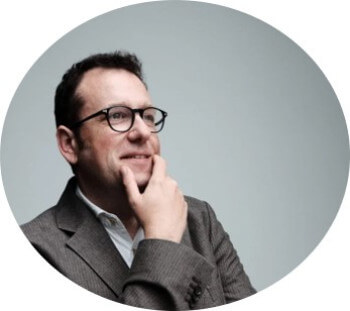

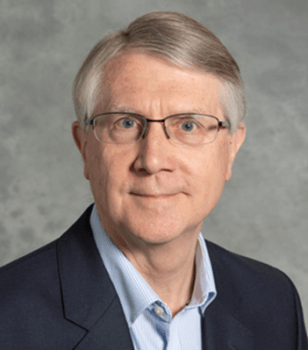
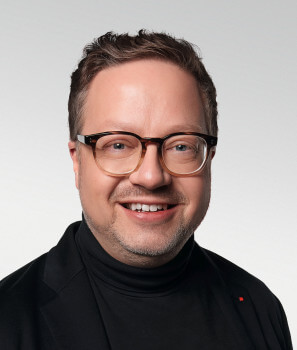
7th floor
7th floor
Plenary Room, 6th floor
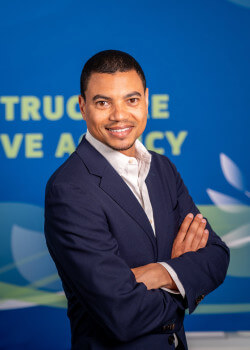
This session will explore different types of data and digital integration pilots and learnings from both MOVE21 and SCALE-UP including work on digital twins.
Moderation by Jorge Alfonso Kurano, Project Manager, Universidad Politécnica de Madrid
Plenary Room, 6th floor
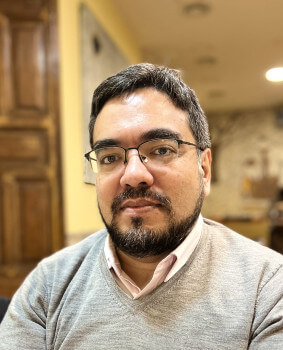
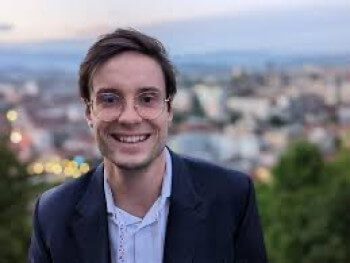

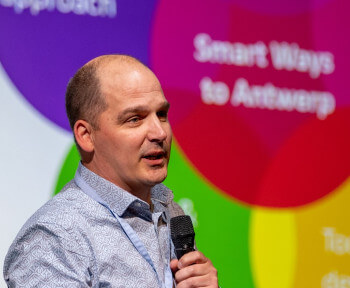
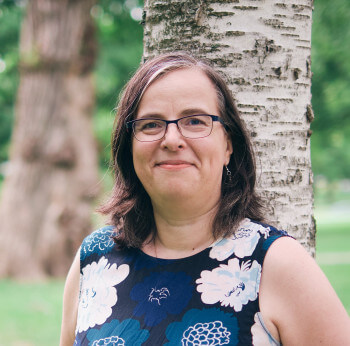

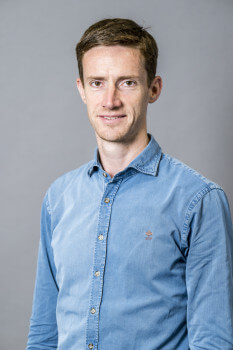

7th floor
This session will discuss some key results from each project, and also offer reflections on KPIs and the potential for modal shifts and emissions reductions for specific measures.
Moderation by Evelyn de Wachter, Researcher, Transport & Mobility Leuven & Dr Maria Morfoulaki, Operational Scientist, CERTH
Plenary Room, 6th floor
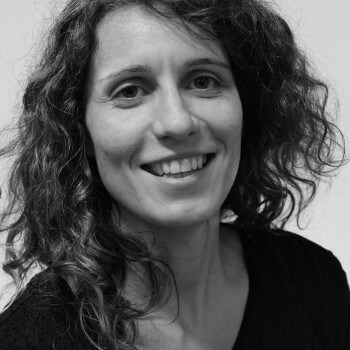


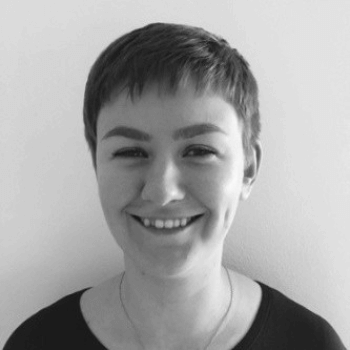
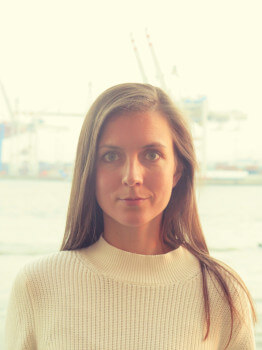

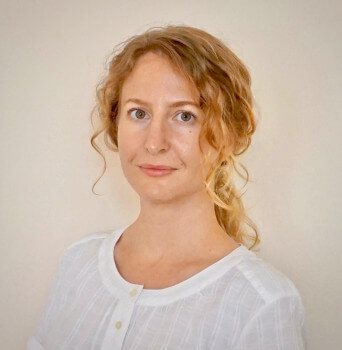

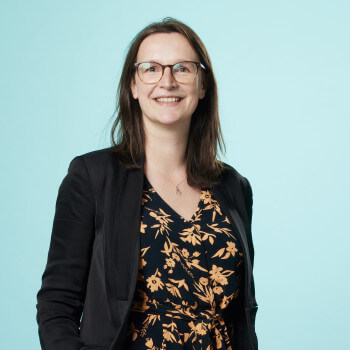
7th floor
Parallel sessions - round 1
Active mobility, including walking, cycling, and other non-motorised transport, is crucial for sustainable and livable urban environments. Active modes are also a good addition to public transport (PT), i.e. first and last mile journeys. Behavioral change towards active and healthy modes of transport is essential and can be achieved through measures such as nudging, incentivising sustainable travel, active travel campaigns. Improving infrastructure for walking and cycling and their connection to public transport is equally important. The MOVE21 and SCALE-UP projects provide valuable insights and examples for cities to implement active mobility solutions successfully which will be discussed in this session.
Moderation by Dr. Franziska Kupfer, Policy Officer Mobility, Antwerp Transport Region, Lantis
Plenary Room, 6th floor


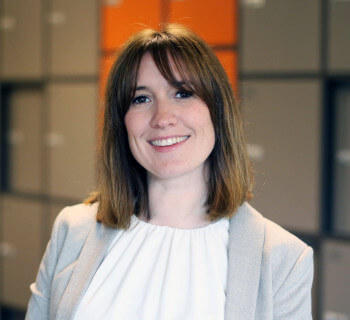


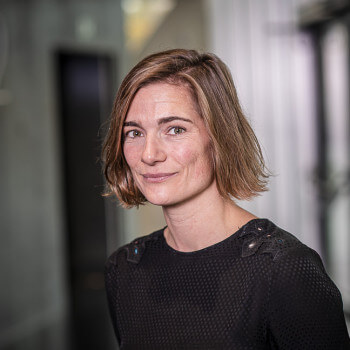
Urban areas are evolving rapidly, with growing population, changing consumption patterns, and an
increasing demand for efficient and sustainable logistics systems. The so-called last mile — the last stretch of a delivery journey — is the most expensive and carbon-intensive part of the supply chain.While recently much attention has been given to parcel delivery driven by e-commerce growth, urban logistics encompasses a broader spectrum of activities essential for city life. These include the movement of goods for retail, construction, waste management, food, healthcare, and more. Addressing these multifaceted logistics needs is crucial to build resilient and thriving urban environments. This session aims to explore and deep dive on innovative strategies, technologies, and policies that enhance urban logistics, addressing challenges such as congestion, emissions, and last-mile delivery inefficiencies. Selected MOVE21 and SCALE-UP partners from the public sector (cities of Gothenburg and Munich), the private sector (Deutsche Bahn) and innovators (Be-Mobile and Vinka) will share valuable knowledge about how the work that has been carried in the two projects contributed to advance towards a more sustainable urban logistics. Participants are also encouraged to share their views and ideas to foster dialogue and best practices for building resilient, sustainable, and people-centric urban logistics ecosystems.
Moderation by Raffaele Vergnani, Project Manager, Urban Freight Cluster Lead, POLIS
Room 6.2, 6th floor
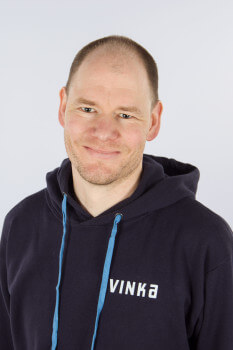
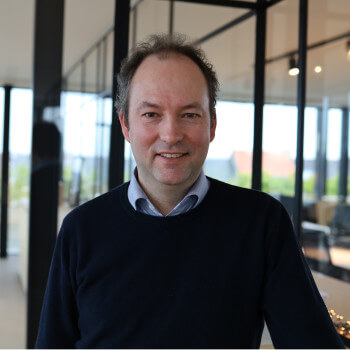
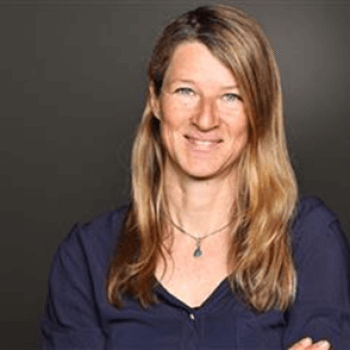
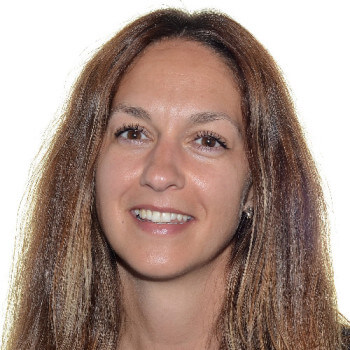
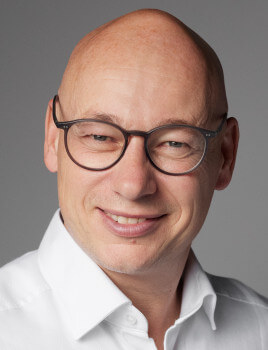
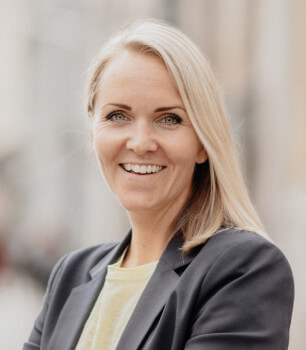

7th floor
Parallel sessions - round 2
SCALE-UP & MOVE21 shared a curiosity on what happens if transport-related innovations of various kinds are introduced, how well they get accepted, and what nudges and incentives help transport behaviour change. In this session, we will hear from cities on their experiences regarding these aspects.
Behavioural science explores how people make decisions and behave in different contexts, drawing insights from psychology, economics, and sociology, but is not one where you can predict an exact outcome of a measure, as there is not a single standardised citizen. People make their choices based on personal preferences, which might not always be the choice predicted as “rational” by experts or a computer simulation. We will look if the nudges (subtle interventions that guide individuals toward desired behaviours without restricting their choices) encouraged sustainable travel choices, improved road safety, reduce congestion, and lead to a modal shift. We will ask what may be needed in terms of infrastructure and digital end user solutions to foster innovation acceptance and behavioural change. Is it easier to achieve around special events or in daily situations? What worked well and what was not a success?
Moderation by Dr. Jan Barski, Post-Doc Research Associate, HafenCity University Hamburg & Florian Becker, Project Coordinator, Eurocities
Plenary Room, 6th floor

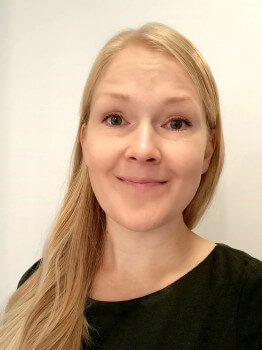
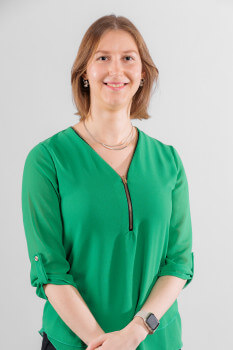

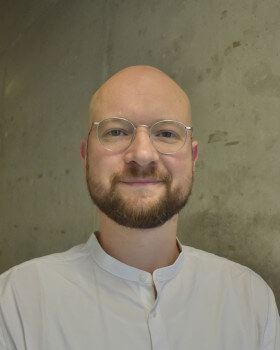
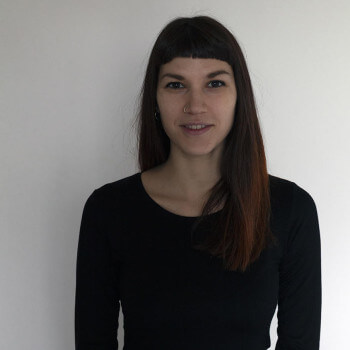
Public organisations are facing increasingly complex societal challenges, that are often strongly interconnected and require a transformation in the ways of working, thinking and organising. Innovation Capacity refers to the extent to which public organisations are able to innovate and develop new approaches to complex societal challenges. Innovation capacity is crucial for cities to effectively address contemporary societal challenges and to drive urban transitions.
The Innovation Capacity framework contains five elements: Leadership, Organisation, Network, Knowledge Management and Learning. In working from challenges public organisations face, developing strategies to overcome the challenges and translating this into action – we see that the concept of innovation capacity becomes tangible and actionable.
This is often not work that is part of a job description … but something you can actually train! So, join us at the Innovation Gym and train your innovation muscle.
Moderation by Geiske Bouma, Senior Researcher in the field of Urban Planning and Governance Innovation, TNO
7th floor




Plenary Room, 6th floor


